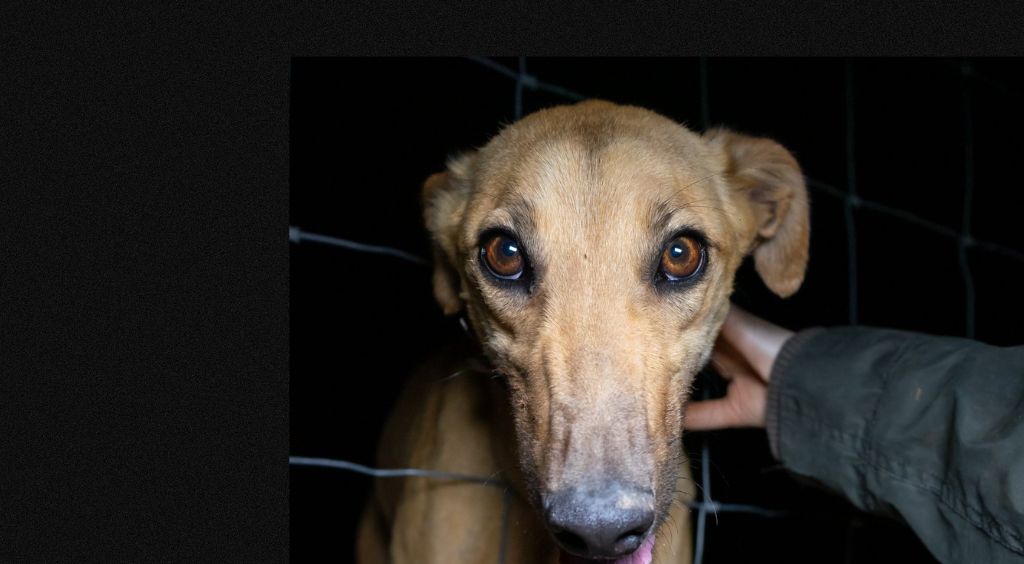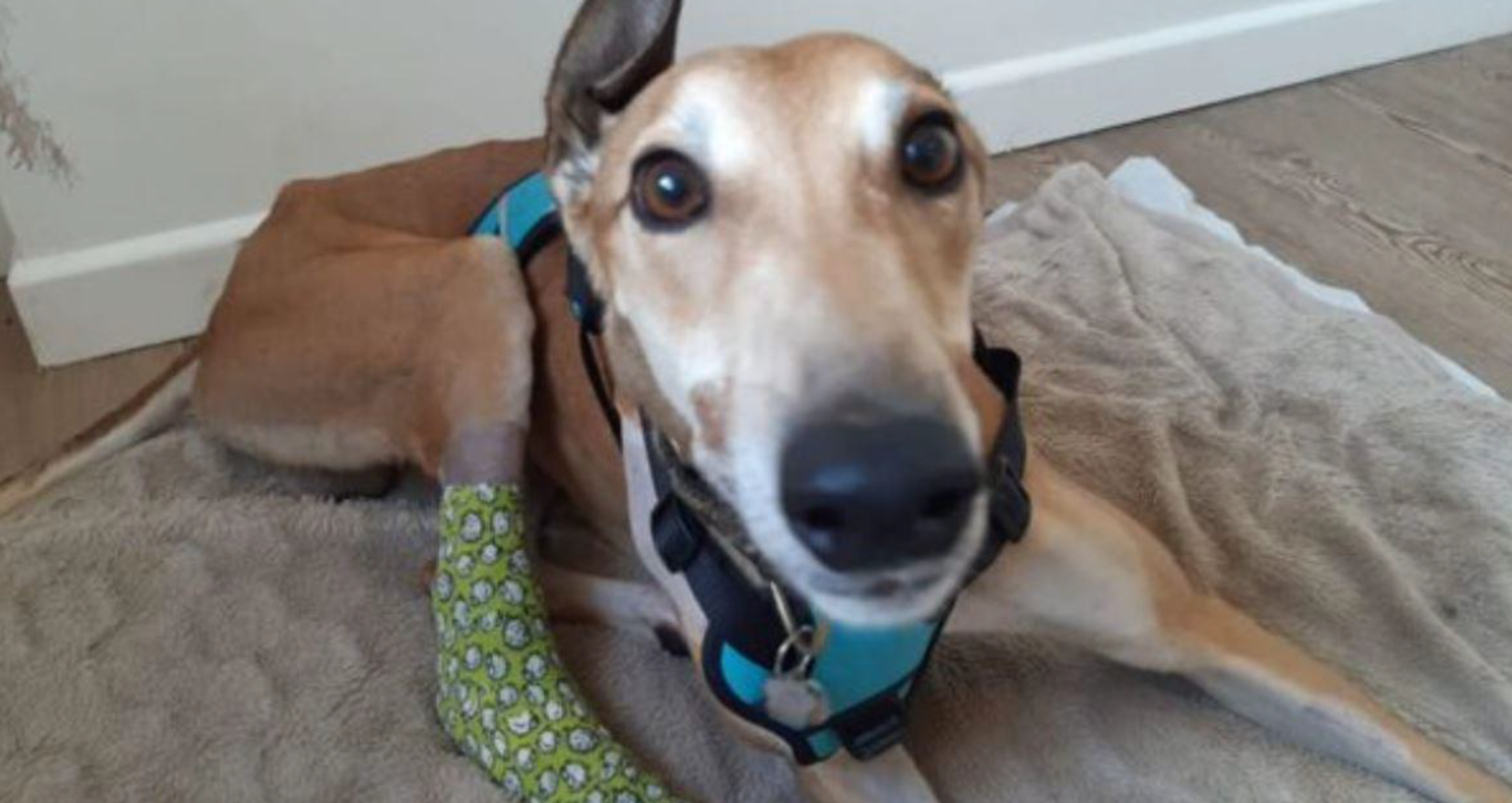by Warren Young, Adjunct Associate Professor in Exercise and Sport Science, Federation University Australia
Following vision of greyhounds being physically abused in South Australia (SA) in 2023, the SA government launched an independent inquiry into the regulatory regime, operations, culture, governance and practices of the greyhound racing industry in SA.
Recently, the SA Premier Peter Malinauskas said he was disappointed and angry, and the greyhound industry must change urgently, or lose the broader support of South Australians to continue operating. He said that the industry has two years to make changes and ensure it operates ethically, or else it risks losing support and government backing.
The inquiry’s independent investigator, Graham Ashton said it’s time to bridge the gap between current industry practices and community expectations. He said it is imperative for the future of this sport that these changes are achieved. There were 86 recommendations for change, many of which are aimed at improving the welfare of greyhounds.
While animal welfare advocates are celebrating the outcome, there is a ‘double edged sword’. On one hand, greyhounds currently in the SA industry might have a healthier and happier existence, which is a big positive. But on the other hand, new rules and regulations are aimed at keeping the greyhound racing industry viable into the future. The SA Premier said he wants to see the greyhound racing industry survive. Why? One reason is that each state in Australia generates a significant amount of revenue from the gambling tax on greyhound racing.
The NSW experience
An informed observer could be forgiven for being cynical about reforming ground racing. In 2016, a similar enquiry was commissioned by the NSW government following the live baiting scandal, in which severe animal cruelty was revealed. This led to the forming of a new regulatory body, the Greyhound Welfare Integrity Commission (GWIC). The existence of this independent body provides comfort to the racing industry and the state government who like to believe the industry has been reformed and is sustainable. While improved standards have been set in NSW, there are still many issues that result in greyhound welfare being compromised both in NSW and across Australia. For example:
- Tracks are still not safe, despite the use of taxpayer funded upgrades. Deaths and injuries are still occurring on all Australian tracks, with 120 deaths and over 11,000 injuries on tracks in 2023.
- Greyhounds are still being bred at such high rates that many dogs are considered as ‘wastage’ and can’t be rehomed– breeding is about six times more than the capacity to rehome.
- Lack of care for unwanted greyhounds- the industry should make a financial commitment, for example by caring for these dogs in ‘sanctuaries’, where dogs not able to be rehomed can live the remainder of their lives in a safe and comfortable environment.
- One breeding practice involves surgical artificial insemination (SAI), which is invasive and painful- this procedure is banned overseas and condemned by the RSPCA, but is still used in Australia.
- Greyhounds are raced too often- over racing can lead to serious injury or death, but financial incentives to industry participants encourage it.
- Greyhounds are given illegal drugs in an attempt to enhance their performance, but they can be harmful to their health. Anti-doping penalties are soft, compared to human sports, which begs the question about the integrity of the industry.
Ethics
It is generally seen as a positive step for greyhound welfare to acquire an independent regulator and to generate stricter rules. However, it is another matter for the rules and regulations to be adequately policed. Regardless of any new regulations, there remains big ethical issues about the greyhound racing industry:
- Is it ethical for governments to spend taxpayer funds to prop up the industry, despite the public opposing this?
- Is it ethical to support an industry that only exists for a minority of people to bet on racing?
- Isn’t gambling a huge social problem in Australia, and aren’t there many other ways to gamble without using animals as commodities?
- Is it ethical to isolate one breed of dog only to be used as a commodity? Aren’t greyhounds like any other canine breed, and deservingly of the same status as other breeds to be born and then raised in a loving family? Is it okay to breed Cavoodles, French bulldogs or Golden retrievers to live their lives in kennels, be forced to train and race, and risk their lives every time they race?


